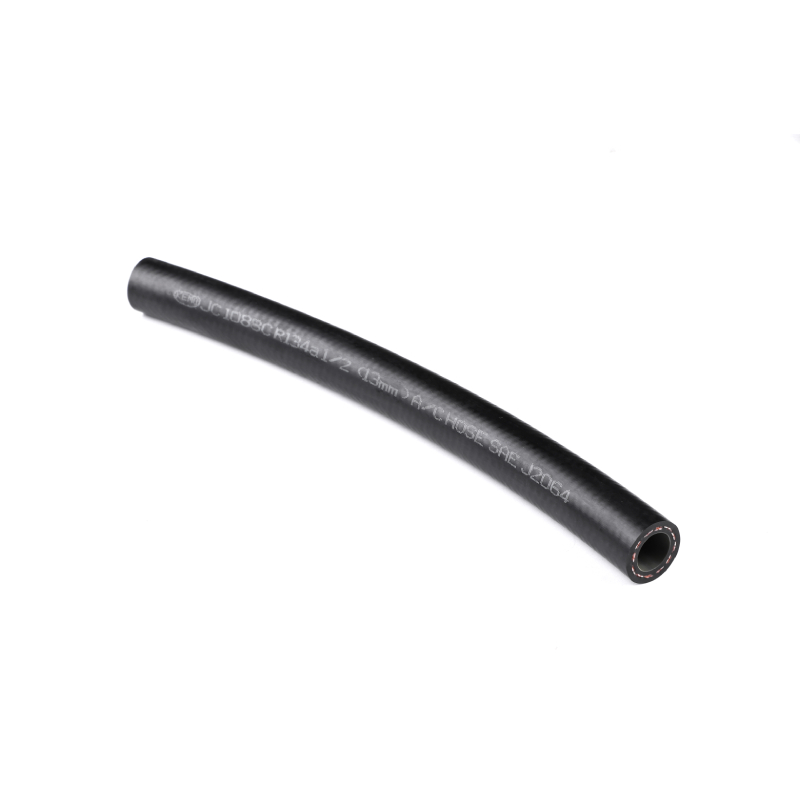Durable Petroleum Transfer Hose for Safe Fluid Transportation
Sep . 02, 2024 02:05 Back to list
Durable Petroleum Transfer Hose for Safe Fluid Transportation
The Importance of Petroleum Transfer Hoses in the Oil Industry
The petroleum industry is a cornerstone of the global economy, providing essential resources that fuel transportation, heating, and countless other applications. At the heart of this industry is the efficient and safe transfer of petroleum products, which is heavily reliant on specialized equipment, including petroleum transfer hoses. These hoses play a critical role in the transportation of various petroleum products, ensuring that they are moved efficiently and safely from one location to another.
Petroleum transfer hoses are designed to handle a variety of fluids, including crude oil, gasoline, diesel, and other petroleum derivatives. Unlike regular industrial hoses, these specialized hoses are constructed with materials that can withstand the corrosive nature of hydrocarbons and the varying temperatures involved in their transport. Typically made from materials such as rubber, thermoplastics, or composite materials, these hoses are engineered to prevent leaks and withstand the pressures encountered during the transfer process.
One of the main reasons petroleum transfer hoses are vital to the oil industry is their ability to enhance safety. The transfer of petroleum products poses substantial risks, including spills, which can have catastrophic environmental effects. Leaky hoses can lead to dangerous situations, prompting the need for rigorous testing and adherence to stringent safety standards. High-quality petroleum transfer hoses are built to exceed these standards, featuring reinforced construction that minimizes the risk of ruptures and leaks.
petroleum transfer hose

Additionally, petroleum transfer hoses are critical in promoting efficiency within the supply chain
. Their flexibility and adaptability allow them to be used in a multitude of applications, whether it’s transferring fuel from a truck to a storage tank or connecting to ships for offshore drilling. The design of these hoses often includes features such as quick-connect couplings and integrated kink resistance, enabling faster setup and reduced downtime during operation, which results in cost savings for companies.Regular maintenance and inspection of petroleum transfer hoses are crucial for ensuring their longevity and reliability. Industry professionals recommend following a strict maintenance schedule that includes checking for wear and tear, inspecting fittings, and replacing hoses at the first sign of damage. This proactive approach not only extends the lifespan of the hoses but also enhances the overall safety of operations.
Moreover, the ongoing advancements in materials science have led to the development of smarter petroleum transfer hoses equipped with sensors that monitor pressure and temperature in real-time. This technology allows operators to detect potential issues before they lead to failure, further ensuring the safety and efficiency of petroleum transfer operations.
In conclusion, petroleum transfer hoses are indispensable to the oil industry, serving as the veins that transport crucial resources across vast networks. Their unique design, safety features, and efficiency enhancements make them a critical component in the secure transfer of petroleum products. As the industry continues to evolve, so too will the technology behind these hoses, further bolstering their role in maintaining a reliable and safe supply of energy to the world. As we advance towards a more sustainable future, the importance of high-quality materials and innovative designs in petroleum transfer hoses will only continue to grow.
